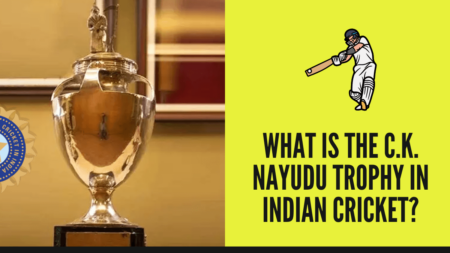

Cricket is a global sport that is governed by the International Cricket Council (ICC). The ICC has 12 full-time member nations and over 90 associate members. The full-time members can send a team internationally for a test series and can also vote in the council meetings of the ICC.
According to the rules of the ICC, a player can represent only one nation at a given time. However, a player can change his affiliation to another nation if they satisfy a certain criteria.
The term used for a cricketer who has represented two countries in their career are called super cricketers. According to the laws, such a player must have played representative cricket for the country he is not a national of. This should be in the four preceding years wherein he or she has not played for any other member nation.
Another eligibility criteria is that the player must have resided in a member nation for six months in each of the preceding four years to be a deemed national of that country as per the governing bodies of the game.
The above two criteria are set for those who wish to represent a full member nation. For representation of an associate member, a different criteria exists.
- The player must have played at least 50% of the matches or for three years of the preceding five years, representing the associate member.
- The aspiring super cricketer must have contributed for at least three months in the preceding five years in uplifting the coaching or playing standards of their players.
- The International Super Cricket Committee also acts as a decision body that judges the impact that the player has had on the associate member they wish to represent.
Some notable examples of players who represented two nations are: Kepler Wessels, Eoin Morgan, Dirk Nannes, Ed Joyce, Iftikhar Ali Khan Pataudi, Roelof van der Merwe




